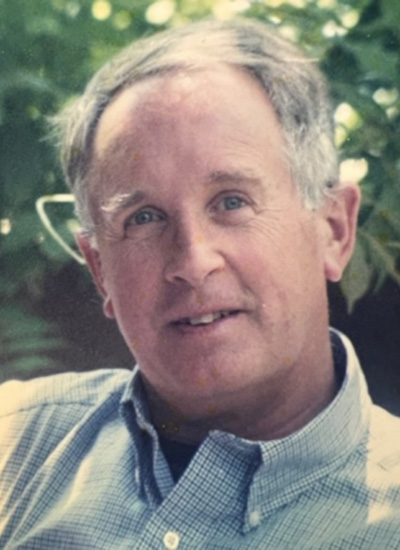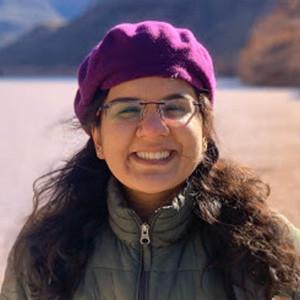In memoriam: James Whitlock
James Palmer Whitlock Jr., a professor emeritus at Stanford Medicine who had studied the toxic chemical in the herbicide Agent Orange, died Feb. 16 at age 80. He had pancreatic cancer.

Born June 18, 1942, to James Palmer Whitlock Sr. and Barbara Jane Smith in Elizabeth, New Jersey, Whitlock received a B.S. from Princeton University in 1964 and an M.D. from Temple Medical School in 1969. He completed a pediatric residency at Columbia Presbyterian Medical Center and was a senior staff fellow at the National Institutes of Health.
Whitlock joined the Stanford School of Medicine in 1978 and taught pharmacology until his retirement in 2007. He was the chair of the molecular pharmacology (now chemical and systems biology) department in the early 1990s. A dedicated teacher, he taught for seven years after he retired, even after ceasing active research. His lab at Stanford worked almost exclusively on dioxin.
Dioxin is a highly toxic pollutant found in herbicides including Agent Orange, which was used extensively by U.S troops to defoliate crops and forests during the Vietnam War. Exposure can cause cancer and reproductive or immunological defects in animals and humans.
Whitlock provided structural and mechanistic insights into the interaction between dioxin and its aromatic hydrocarbon receptor, or AhR, in cells. He also discovered the core DNA sequence in the enhancers that binds to the dioxin–receptor complex. His work uncovered molecular mechanisms by which dioxin regulates gene expression in the body, leading to health problems.
Whitlock received the Agnes Axell Moule Faculty Scholarship in 1980 and the American Cancer Society’s Faculty Research Award from 1981 to 1986. He was a member of the American Society for Biochemistry and Molecular Biology from 1977 until he died.
An avid soccer player, Whitlock continued playing into his 50s. He contributed to charitable causes and created an endowment for faculty members at his preparatory school alma mater. In his retirement, he became a photographer and created calendar of photos with themes such as “Pollinators” and “Butterflies” for Christmas presents.
He is survived by his wife of 25 years, Lynn Pulliam, a professor at the University of California; two children and two stepchildren; seven grandchildren; a sister and two brothers; and his ex-wife, Rosalie.
Enjoy reading ASBMB Today?
Become a member to receive the print edition four times a year and the digital edition monthly.
Learn moreGet the latest from ASBMB Today
Enter your email address, and we’ll send you a weekly email with recent articles, interviews and more.
Latest in People
People highlights or most popular articles

2026 ASBMB election results
Meet the new Council members and Nominating Committee member.

Simcox wins SACNAS mentorship award
She was recognized for her sustained excellence in mentorship and was honored at SACNAS’ 2025 National Conference.

From humble beginnings to unlocking lysosomal secrets
Monther Abu–Remaileh will receive the ASBMB’s 2026 Walter A. Shaw Young Investigator Award in Lipid Research at the ASBMB Annual Meeting, March 7-10 in Washington, D.C.

Chemistry meets biology to thwart parasites
Margaret Phillips will receive the Alice and C. C. Wang Award in Molecular Parasitology at the ASBMB Annual Meeting, March 7-10 in Washington, D.C.

ASBMB announces 2026 JBC/Tabor awardees
The seven awardees are first authors of outstanding papers published in 2025 in the Journal of Biological Chemistry.

Decoding how bacteria flip host’s molecular switches
Kim Orth will receive the Earl and Thressa Stadtman Distinguished Scientists Award at the ASBMB Annual Meeting, March 7–10, just outside of Washington, D.C.

